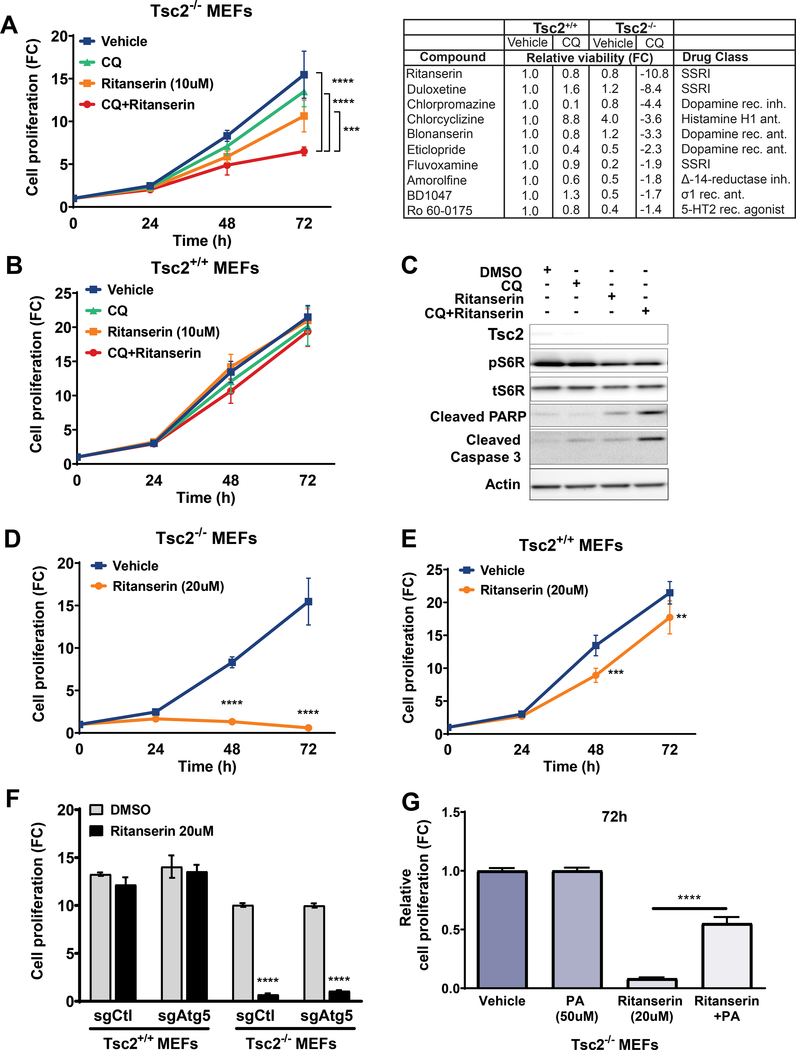Figure 1. Chloroquine synergizes with ritanserin to selectively inhibit the proliferation of Tsc2-deficient cells.
(A) Combination treatment with CQ (5uM) and ritanserin (10uM) inhibits the proliferation of Tsc2−/− MEFs (left panel). Top ten compounds identified from the high-throughput drug screen (right panel). Ritanserin selectively decreased the proliferation of Tsc2−/− MEFs (~10-fold; compared to untreated Tsc2+/+ MEFs). (B) Ritanserin or combination treatments had no impact on Tsc2+/+ MEFs. (C) Immunoblotting shows that combination treatment with CQ (5uM) and ritanserin (10uM) induces apoptosis in Tsc2−/− MEFs (24 hours). (D-E) Ritanserin (20uM) blocks the proliferation of Tsc2−/− MEFs but not Tsc2+/+ MEFs. (F) Ritanserin inhibits the proliferation of Tsc2−/− MEFs regardless of their autophagic status. Values are shown as fold-change (FC) normalized to the day of seeding. (G) Ritanserin-mediated inhibition of proliferation is reversed by adding-back phosphatidic acid (100uM; 72 hours). Proliferation was quantified using crystal violet staining. Data represented as mean +/− standard deviation of six biological replicates. Statistical significance was assessed using two-way and one-way ANOVAs with Bonferroni correction with **p < 0.01, ***p < 0.001, ****p < 0.0001.

